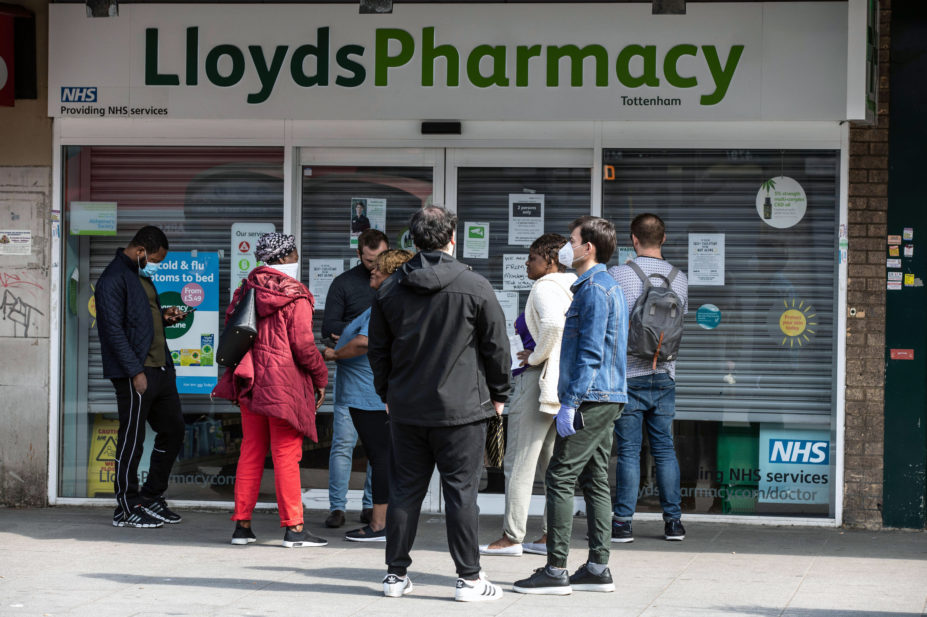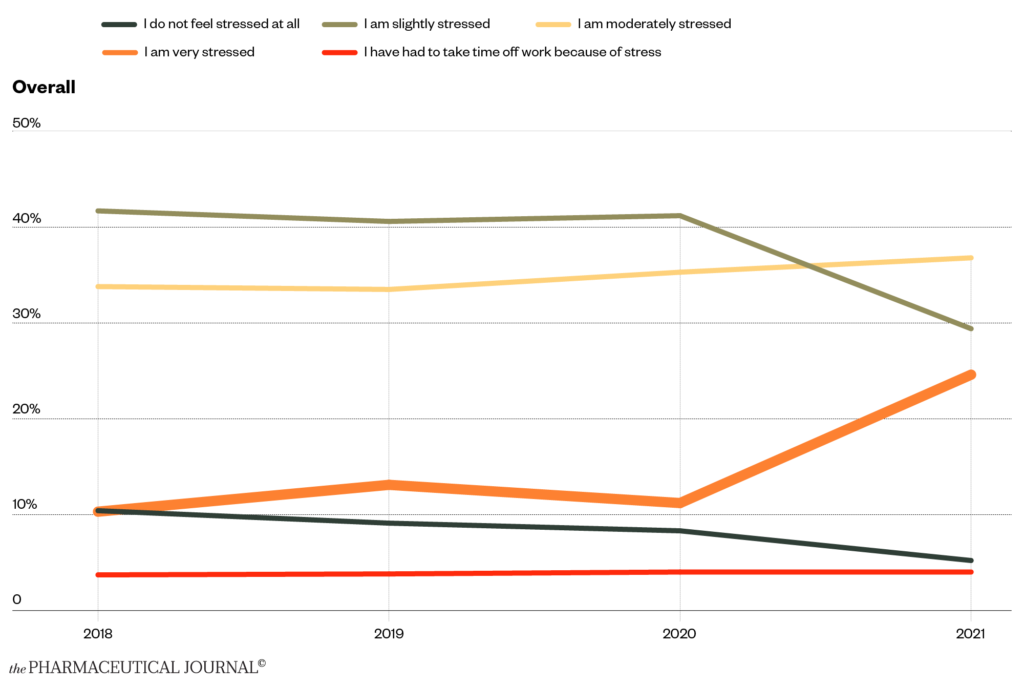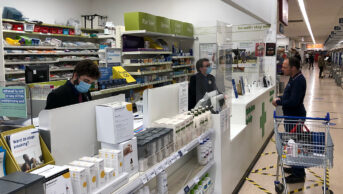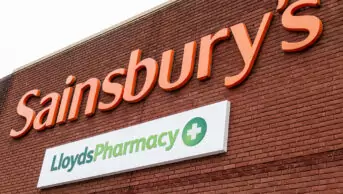
Jeff Gilbert / Alamy Stock Photo
There has been a significant increase in stress levels among pharmacists this year, with one in four reporting they are ‘very stressed’ at work, reveal the results of The Pharmaceutical Journal’s annual salary and job satisfaction survey.
Of 1,020 pharmacists who responded to a question about how they felt at work, 25% said they felt ‘very stressed’; this is a statistically significant increase on the previous three years, when between 10% and 13% reported feeling this way and is the highest proportion ever recorded by the survey, which started in 2018.
All sectors reported an increase in high stress levels. With 37% of community pharmacists (up from 17% in 2020), 20% of hospital pharmacists (10% in 2020) and 14% of GP and primary care network pharmacists (5% in 2020) saying they felt ‘very stressed’ at work.
The survey results show that the increase in stress levels has been influenced by several factors. ‘Demand for services’ was cited by 80% and almost three-quarters (73%) of pharmacists selected ‘staff absence’.
Fear of catching COVID-19 and lack of funding were chosen less frequently, at 32% and 28%, respectively.
Almost half (46%) of pharmacists say their working hours had increased over the past year, with 22% saying they always work outside of their contracted hours.
Most pharmacists (71%) say that mental health support is available from their employer; however, 13% say they had wanted to use mental health support but not been able to do so, citing reasons such as stigma, a lack of time or support from their employer.

The Pharmaceutical Journal
Ewan Maule, vice president of the Guild of Healthcare Pharmacists, said he was “very concerned, but not surprised” at the results, as hospital staff were facing pressure to address a backlog of elective care built up during the pandemic, whilst still battling COVID-19.
He said: “Staff are tired and burned out, and if we don’t address that we will lose staff from the NHS and from the profession.[There] needs to be investment in supporting the existing workforce, via recruitment at every level, to meet the ongoing needs of patients — as well as reviewing pharmacists’ workload with a view to including time for personal development, as well as time for training and support of others.”
Nick Kaye, vice chair of the National Pharmacy Association, which represents independent community pharmacy professionals, said that the survey findings “reflect a workforce of committed healthcare professionals, wanting to provide great patient care, with limited resources and under pressure”.
“Extra demands and expectations arising from the pandemic, staff shortages and funding cuts are all combining to make this a very difficult period.
“Community pharmacy is a wonderful vocation, but there is no doubt that it’s extremely tough right now.”
Box: Our survey
The Pharmaceutical Journal salary and job satisfaction survey is an annual barometer of the state of the pharmacy profession and was begun by the journal in 2018.
This years’ survey was conducted between 1 September 2021 and 29 September 2021, with the responses from a total of 1,112 non-locum pharmacists to a variety of employment-related questions analysed with the help of statisticians from the University of Aberdeen.


